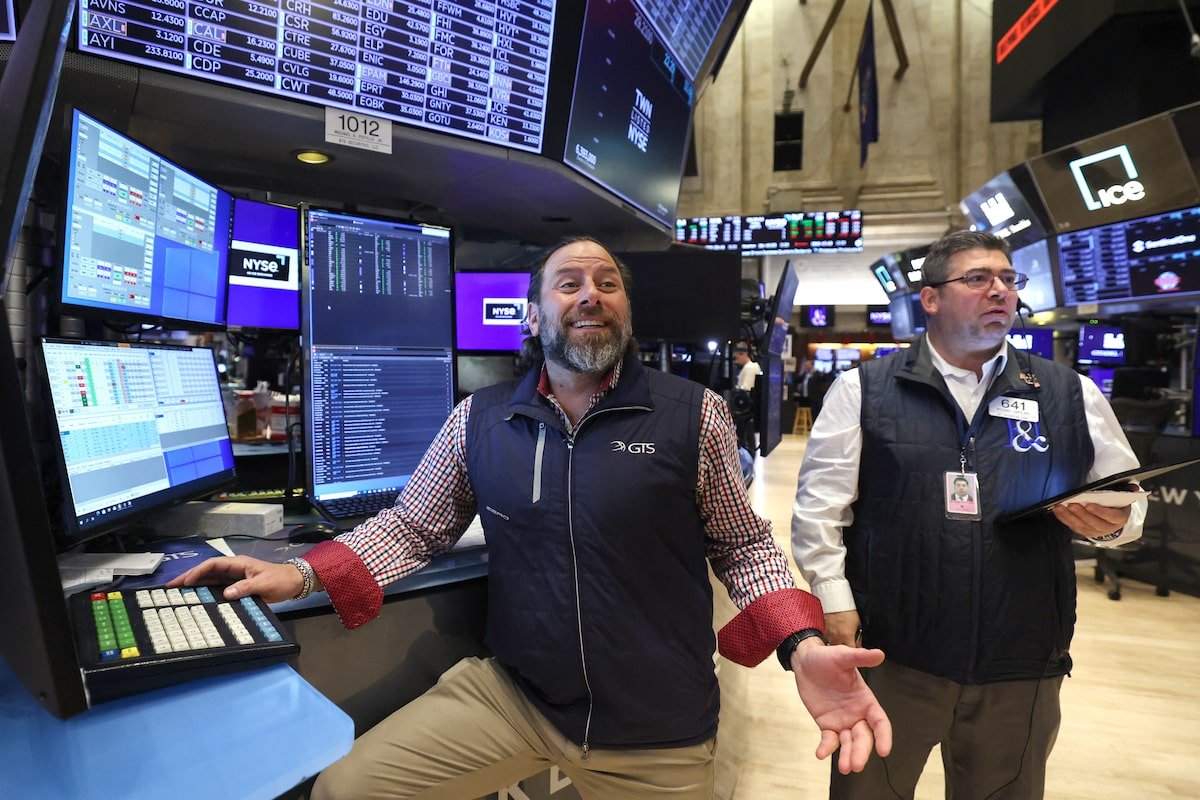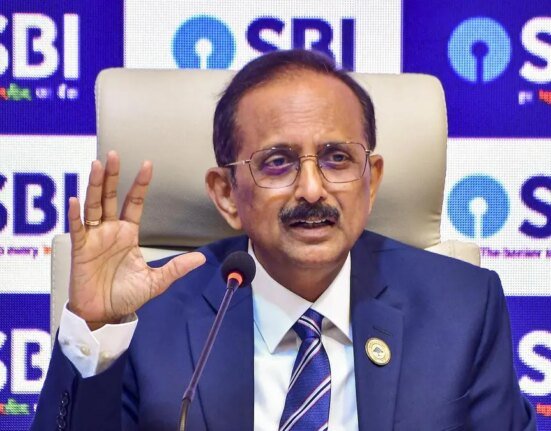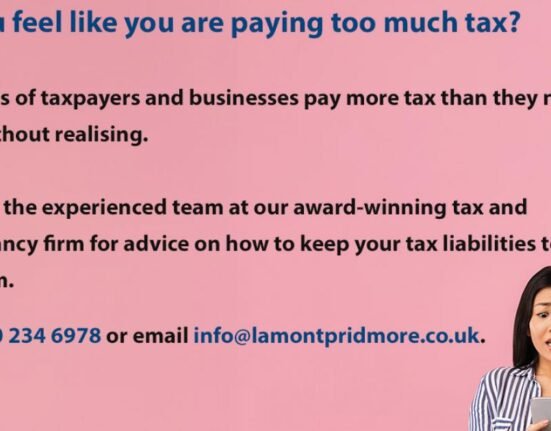Wall Street types still think the recent market sell-off will be but a blip in the grand scheme of things. Traders work on the floor of the New York Stock Exchange (NYSE) at the opening bell on April 11.TIMOTHY A. CLARY/AFP/Getty Images
With stock markets verging on free fall, Marc Rowan, the chief executive officer of private asset giant Apollo Global Management Inc., stepped up this week to do what seemed unthinkable to some: Defend the White House.
By early Wednesday morning, when Mr. Rowan appeared on CNBC, investor panic was setting in and some billionaires, who had initially been fearful of retribution from the White House, were starting to speak out, warning that U.S. President Donald Trump’s reciprocal tariff policy was causing too much chaos. BlackRock Inc. BLK-N CEO Larry Fink had even said the United States might already be in recession.
Against this backdrop, Mr. Rowan, who had been a candidate to be Mr. Trump’s treasury secretary, went on TV and not only projected calm, but said he agreed with the White House policy – he just wished it was rolled out a little more cleanly.
“One can, I think, quibble with the tactics,” he said, “but the goal of resetting our trade policy doesn’t bother me in the slightest,” he told Andrew Ross Sorkin, anchor of CNBC’s Squawk Box, who has been a favourite of Wall Street’s for two decades.
Mr. Rowan went on to say that, yes, this policy had created uncertainty, but nervous investors should widen their lenses. Stocks had been trading at premium valuations, so this was just some air coming out of the bubble. The U.S. has also added hundreds of thousands of jobs since the start of the year and major companies, such as chip manufacturer Taiwan Semiconductor Manufacturing Co. Ltd., are making big investments in the U.S.
His remarks became a bit of a rallying cry for market optimists, because later that day I met with a veteran financier in midtown Manhattan to get his take on the tumultuous markets. Over a cappuccino and green tea in the lounge at The Modern, the restaurant attached to the Museum of Modern Art that serves caviar hot dogs as snacks, I started to realize that scores of Wall Street types still think the recent market sell-off will be but a blip in the grand scheme of things.
“Did you see Marc’s interview with Andrew this morning?” the seasoned financial executive asked as we talked about the state of play.
Like many business people in the U.S. right now, he would only talk on background, for fear of retribution from the White House for even the perception of a slight, but he came loaded with opinions. Is he concerned? Of course. But he still believes that the Trump administration will be pro-business and that this could all just be a negotiation tactic.
To many Canadians, particularly those hammered by Mr. Trump’s auto, steel and aluminum tariffs, this argument can seem off-kilter. But all week I heard variations of this thesis, to the point that I wondered if Wall Street was an alternate reality.
To be clear, there is angst in Manhattan, where Kamala Harris won 82 per cent of the vote against Mr. Trump in last November’s presidential election, but much of it seems to stem from Mr. Trump’s attacks on things such as civil liberties. In financial circles, the hope is that this will all resolve itself in short order. In line at a food hall near One World Trade Center, the finance bros picking up their steak bowls talk as casually as ever, justifying their US$300-a-month gym memberships to one another because they come with yoga, too.
This optimism was easy to scoff at early in the week when stock markets were reeling, but then, on Wednesday afternoon, Mr. Trump paused most of his reciprocal tariffs for 90 days. The announcement was made in the middle of my coffee meeting, and when I checked messages en route to the next sit-down, the market was ripping, with the Standard & Poor’s 500 Index up 9.5 per cent.
Later that afternoon, the financier sent me an e-mail to playfully rub it in. “See, while we were having coffee he pivoted!”
For many Canadians, it is tough to be optimistic right now. The national anger and gloom could even swing the current federal election. What, then, is Wall Street seeing?
Anthony Scaramucci is a helpful voice here. The Mooch, as he’s known, is a hedge fund manager who worked in the first Trump administration – only to be fired within two weeks. Mr. Scaramucci is now decidedly anti-Trump and has publicly warned respected executives and investors not to join the second administration, because he’s seen how messy it really is on the inside. But he’s still able to explain the hope that some people hold on to.
“Trump has failed to deliver on most of his campaign promises during either election, so voters didn’t take him seriously or didn’t understand the implications of trade wars,” he wrote in an e-mail. “The border wall never got built, infrastructure week never happened and the list goes on.“
At the same time, Mr. Trump added some respected people to his cabinet, such as Treasury Secretary Scott Bessent, who was chief investment officer at Soros Fund Management. In other words, there are still some adults in the room. For that reason, many people on Wall Street – and in Washington – have urged journalists to take what Mr. Trump says “seriously but not literally.”
The most optimistic Wall Street financiers also have something else in their quiver. In 2023, there was widespread belief that the U.S. would fall into a recession because the Federal Reserve hiked interest rates to combat inflation. But the recession never happened.
This time around, economists are warning that tariffs, which are a tax, will reignite inflation and put the Fed in a tough spot.
What Wall Street needs to consider, though, is that Mr. Trump seems truly committed to tariffs now that he’s back in the White House. In December, 2023, Robert Lighthizer, Mr. Trump’s top trade negotiator during his first administration, gave an expansive interview to The New York Times, with Trump campaign officials on the phone, and Mr. Lighthizer said the U.S. would retreat somewhat from the global economy in order to become more self-sufficient. Then, on the campaign trail, Mr. Trump repeatedly called himself a “tariff man.“
It’s possible many voters tuned this language out either because they didn’t understand tariffs, or because they were more focused on other elements of Mr. Trump’s agenda, such as rolling back diversity, equity and inclusion policies and getting tough on the southern border.
And for Wall Street types, it’s possible they simply heard what they wanted to hear. “The commercial and financial classes are just as prey to the passions and self-delusions as the rest of humanity. Hence, panics and bubbles,” explained a senior financial executive in New York who disagrees with a lot of his ilk. “They felt dissed by Biden, who never gave them the time of day. Along comes Trump – whom many of them would never do business with – and they say, ‘At least this guy gets making money.‘”
As the uncertainty drags on, Wall Street seems to be clinging to two fundamental sources of optimism. The first is the hope that Mr. Trump is playing a mean game of poker, which would mean most of his allegedly reciprocal tariffs are just negotiating tactics.
The second could be subconscious. Whether investors are aware of it or not, they have been trained to expect support, either from the federal government or from the Federal Reserve.
U.S. stock markets have soared for 15 years, and throughout this bull run, whenever there was severe volatility or uncertainty, the Fed either slashed interest rates and repurchased Treasury bonds to keep yields low, or the government stepped in with major stimulus programs. There has been endless chatter about the U.S. economic miracle, but the discourse often omits that the U.S. government, by running a nearly US$2-trillion budget deficit, provided the type of stimulus that would normally be reserved for severe economic crises.
Both of these sources of optimism have vulnerabilities.
With the tariff pause, it’s possible Mr. Trump will repeat himself and follow through with what he initially proposed on Liberation Day. He initially paused auto tariffs on Canada and Mexico, but ultimately reinstituted them.
As for the government backstop, Mr. Trump campaigned on shrinking the deficit. In fact, he has argued that tariffs will be beneficial because they will raise revenue and help close this financial hole. At the same, the Treasury Secretary has talked about needing to shrink the deficit so that the U.S. is still considered a beacon of financial stability.
The Fed, meanwhile, could have its hands tied. In most downturns, it would cut interest rates to stimulate economic activity. But if Mr. Trump’s tariffs cause inflation, it won’t be as easy to slash rates. And more government spending could send prices even higher.
The way Mr. Rowan, the Apollo CEO, sees it, reorienting U.S. trade policy will cause a bit of pain, he told CNBC, but to his mind it’s all very manageable. Some of the White House’s most aggressive ideas can be softened – and they were, just hours after he spoke. Plus, the U.S. is embarking on this journey from a point of economic strength, with unemployment still near record lows.
The next few months will surely test this American optimism, but if this week is any indication, there’s still lots of it to go around. For all the chaos and volatility, the S&P 500 finished up 5.7 per cent for the week. For now, at least, Wall Street is still willing to believe.







